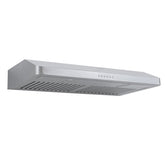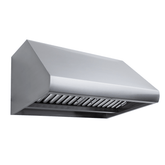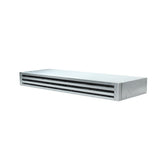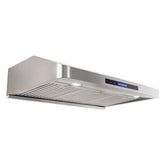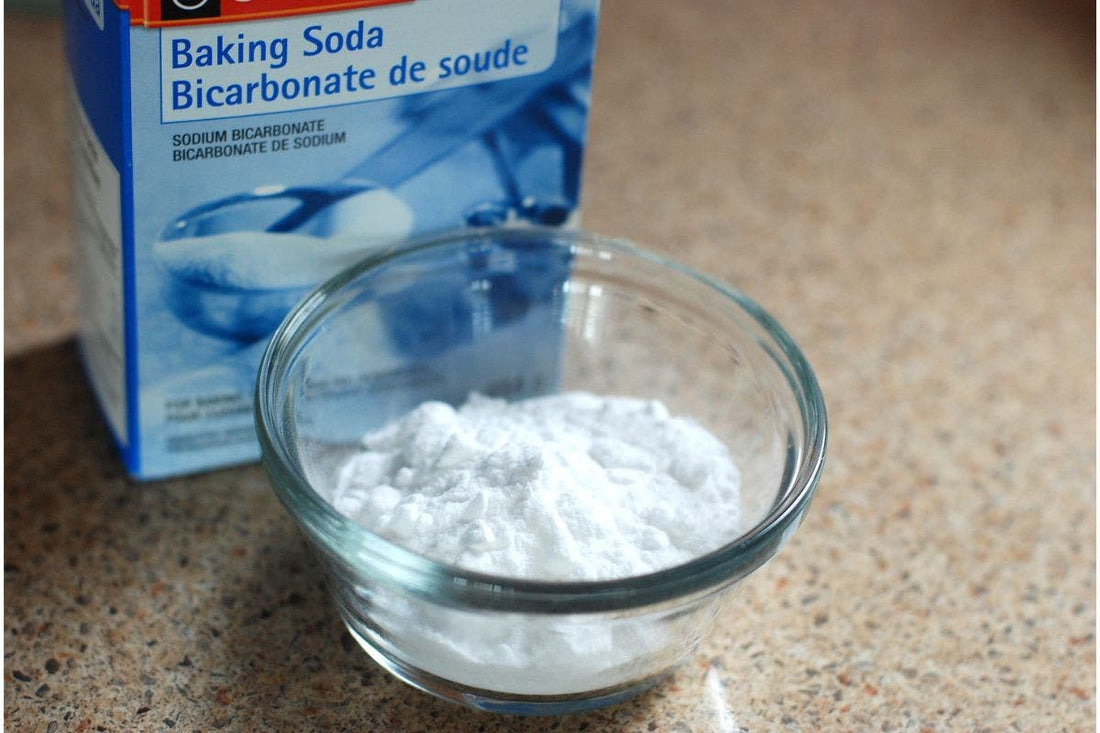Baking soda is a great natural cleaning product that can be used for so many things It will clean the grout on your floor tiles, remove oil stains from clothes and remove stubborn residue from sinks and toilets.
However, there are some things you should never clean with baking soda, and we have included 10 of them in this guide. But don’t worry we will let you know what you can use instead.
Antique Silver

When it comes to your antique silver, you will want to ensure that what you are cleaning it with is safe and will not damage it. The last thing you want to do is ruin your beautiful antiques with the wrong cleaning material.
You should not use baking soda to clean your antique silver. Whether that is jewelry or flatware, the abrasive nature of baking soda will damage the patina of the silver.
While it may, in the short term, remove surface tarnish, baking soda will make your antique silver tarnish more quickly in the long term. It will also leave scratches on the surface of the silver.
To properly clean antique silver, use a specific silver cleaning product or take your silver to a professional cleaning service to get it polished.
Marble Or Quartz Countertops

Many people assume that because marble and quartz are so hard and tough that you can use baking soda to clean them. This is not correct.
Although you may not see an immediate negative reaction when cleaning marble or quartz with baking soda, damage will be done to the surface. As both are natural stone they are sealed to make them suitable for countertops.
When you use baking soda to clean them the abrasiveness of the baking soda will scratch the surface. This can damage the sealant and cause permanent damage to the countertops.
Marble and quartz are expensive items to repair, so it is best to avoid using baking soda and stick to dish soap and water or a specialist cleaning product.
Maintaining the sealant on these countertops is key to keeping them looking good.
Discover the best kitchen degreaser sprays for a spotless clean.
Ceramic Cook Top

As with marble or quartz countertops baking soda should not be used to clean ceramic cook tops. Despite ceramic glass being tough enough to use as a stove top, baking soda will scratch and damage it.
Apart from this permanent damage using baking soda on ceramic glass will leave behind a white film on the surface which is quite stubborn and difficult to remove.
The best product to use on ceramic cook tops is plain dish soap and water. If you do end up using baking soda on this surface the white film left behind can be removed by cleaning with white vinegar.
If you're not keen on the strong smell of vinegar, then you can use a specific cleaner for ceramic glass cook tops such as Bar Keepers Friend. This will clean the surface without any scratches or damage.
Wooden Floors

If you have any type of wooden floor such as laminate or sealed hardwood it is not a good idea to use baking soda as a cleaning agent.
The abrasive nature of baking soda means that any shine on your laminate flooring will be dulled and scratched by it.
The sealant that is applied to hardwood flooring to protect and preserve it will also be damaged by using baking soda to clean it.
It is better for you to use the kind of cleaning agent recommended for the particular flooring you have.
If in any doubt it is safest to use a mild detergent and warm water to clean wooden flooring.
Don’t use excessive amounts of water however and always squeeze the mop out before washing wooden floors. This will reduce the risk of warping your floor.
Aluminum Cookware

There is conflicting advice about whether you can safely use baking soda on aluminum cookware.
Some sources say it is ok to use baking soda to remove stubborn stains on aluminum as long as it is rinsed thoroughly immediately afterward.
However, baking soda reacts with aluminum and causes it to oxidize. This process will cause the surface of aluminum to turn brown when the baking soda penetrates the surface.
Other sources say that it is best to avoid using baking soda on aluminum altogether. There are safe alternatives such as plain dish soap and hot water.
For really stubborn stains you can use white vinegar or lemon juice. These will not damage the aluminum.
Gold-plated Items

As with silver it is not a good idea to use baking soda on any items that are gold plated. This could be antique flatware or gold rimmed dinnerware.
As gold is a very soft metal the abrasive nature of baking soda will seriously damage it.
The gold plating will either be scratched by the baking soda or in the worst possible scenario, will wear it off completely. The same applies to dinnerware that has a silver rim.
It is best to use dish soap and warm water with a soft sponge to clean such delicate surfaces in order to protect and preserve them.
Glass

Glass is a tough substance, but it can be scratched by abrasive cleaning agents, so it is not advisable to use baking soda on any glass surfaces.
As we have seen, you shouldn’t use baking soda on ceramic glass which is one of the toughest types of glass. So it makes sense that you wouldn’t use it on your window glass for the same reason.
If your glass is dirty or streaky, it is best to use a combination of mild dish soap and some white vinegar mixed in some warm water.
You can then either dip one cloth in this solution and wash the glass, drying it with another or put the mixture in a spray bottle for convenience.
As a mild acid the white vinegar will dissolve any stubborn dirt while the dish soap penetrates grease.
Wipe down with a clean microfiber cloth and polish with a chamois leather to get sparkling clean glass without any scratches.
Wooden Furniture

All wooden furniture is typically protected with a clear sealant such as polyurethane or by a couple of layers of paint.
Outside wooden furniture may be varnished. The use of baking soda to clean any of these surfaces will result in scratches and damage.
This can be particularly destructive for exterior or decking furniture. If the protective layer of sealant or paint is damaged by the abrasiveness of the baking soda it could allow water to penetrate the surface of the furniture.
Over time, unless it is repaired this will cause the furniture to rot.
For inside wooden furniture, the attractive sheen will be scratched and dulled by using baking soda as a cleaning substance.
Instead, for both interior and exterior wooden furniture, use a mild solution of dish soap and warm water to wipe down the surfaces.
Mirrors

A mirror is simply a piece of glass that has had a reflective surface bonded to the back of it.
So as it is unwise to use baking soda in order to clean glass it is also a bad idea to use it to clean a mirror. The abrasiveness of baking soda will scratch the surface of the mirror.
If you want to use a non-chemical cleaning agent for your mirrors and glass the best option is white vinegar.
It is guaranteed to give your mirrors the best, smear-free sparkle that they have ever had, and it won’t scratch the glass.
For those who don’t like the smell of vinegar and don’t mind using a chemical cleaning product, Windex is a good alternative.
The bottles are made from recycled plastic which would otherwise have ended up in the ocean, so it is an environmentally sound choice.
Anything With Deep Grooves
Finally, you should avoid using baking soda to clean anything that has deep grooves or cracks in the surface.
This is because the substance tends to leave behind a white powdery residue which is difficult to remove, especially from uneven surfaces.
So even if your computer keyboard looks grimy, it is best not to use baking soda to clean it. The white film will be difficult to remove from the deep crevices and can build up, causing problems.
Instead, use a specific keyboard cleaning solution and a microfiber cloth. To remove loose debris and dust use a can of compressed air to remove them.
Alternatively, unplug it, turn it upside down and tap it to dislodge any detritus.
Final Thoughts
Baking soda is a great all-round cleaner and a good alternative to harsh chemicals. However, be selective when using it and check that the surface you intend to clean with baking soda is suitable for it.
We hope that you have enjoyed this guide to 10 things you should never clean with baking soda.
